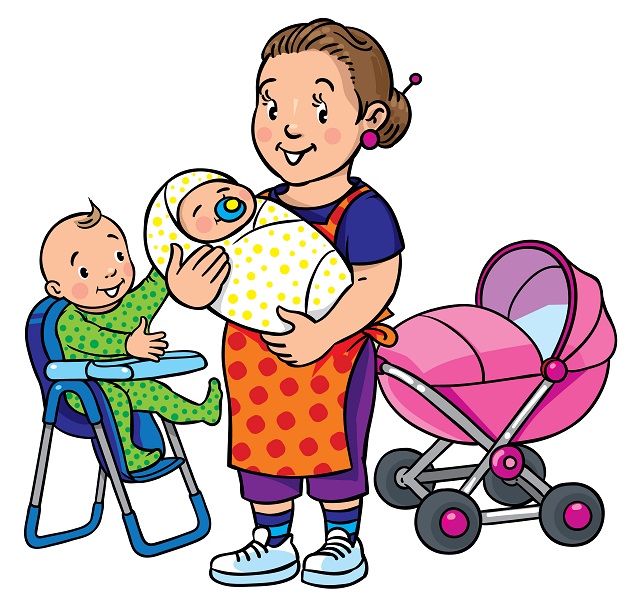Why no salt for baby
How much salt your baby need?
First, there is no need for you to add salt to your baby’s food. Your baby needs less than 1 gram of salt in a day in his or her first year. Your baby’s kidney may not be able to cope with high amount sodium in salt if you give more than 1 gram of salt in a day.
Before they get any supplementary food, babies can get their daily need of sodium through formula milk and breast milk.
When you feed them with supplementary food, do not add salt just to give food more flavor. It is not necessary and it is dangerous to do that.
Harmful effects of excess salt
Excessive sodium causes high blood pressure
First, a high salt intake has been shown to increase blood pressure and this increases the risk of heart related diseases.
After body has taken what it needs from the food, waste is sent to the blood. If the kidneys did not remove these wastes, the wastes would build up in the blood and cause damage.
When too much salt (which is mainly sodium chloride) is added, the sodium in the bloodstream will raise. This reduces kidney’s ability to remove water. Due to extra fluid and extra strain on the delicate blood vessels, high blood pressure will be triggered.
Research has shown that high salt intake in children can increase blood pressure and thus increase the risk of cardiovascular disease by three folds. The National Diet and Nutrition Survey showed that use of salt at the table for both boys and girls and the use of salt in cooking for girls were associated with increased systolic blood pressure in the United State.
In long term, high salt intake in children can also lead to high blood pressure later in life. In a Dutch study that last 6 years, blood pressures of over 200 children were measured along with urinary sodium and potassium concentrations and then re-measured yearly over six years. A larger rise in blood pressure was associated with lower urinary potassium or higher sodium/potassium ratios. This result indicate that high salt intake are related to the rise in blood pressure in childhood.
Dependency on salt
When you add salt to your baby’s food, your baby may develop a dependency on salt. Once you stop adding salt, they may find it the food tasteless. This will make feeding harder.
Osteoporosis
Study has shown that high salt intake can cause osteoporosis. A high salt intake causes calcium loss through urine and therefore significantly increases the risk of osteoporosis-a bone condition causing fragility and breakage. Studies have shown that the effect of salt on calcium metabolism can be detected in children and continue in to adult life. It is therefore important to inculcate the right habit from young.
Other harmful effects
Other harmful effects of high salt intake include childhood obesity, higher risk of stomach cancer later in life, higher risk of kidney disease and asthma.
Natural source of sodium
Many food, including those you can use as supplementary food for your baby, include sodium. For example, almost all the fruit and vegetable will have small trace of sodium. Egg, fresh fish, meat all also contain the sodium.
Hence it is not necessary to add salt just to meet your baby’s daily requirement of sodium.
It takes a village to raise a child !
Join our WhatsApp Parenting Chat Groups By Area in Singapore.








